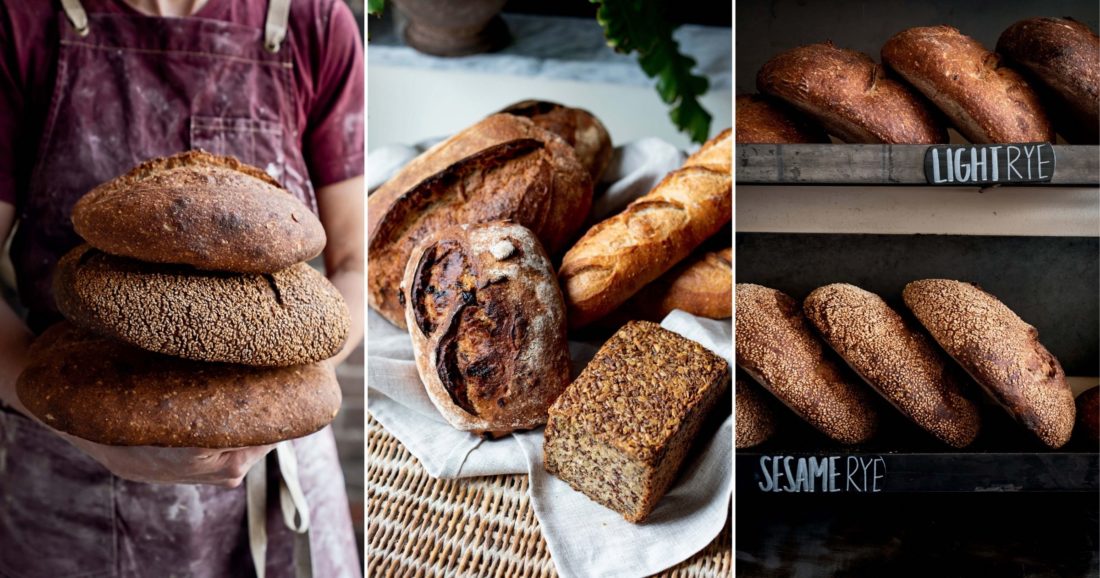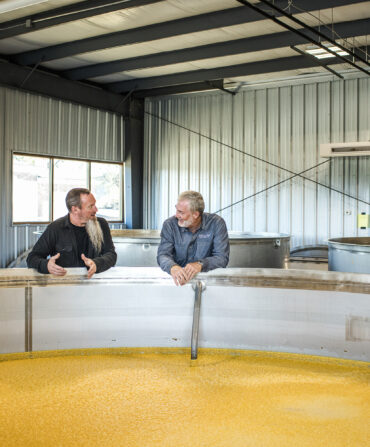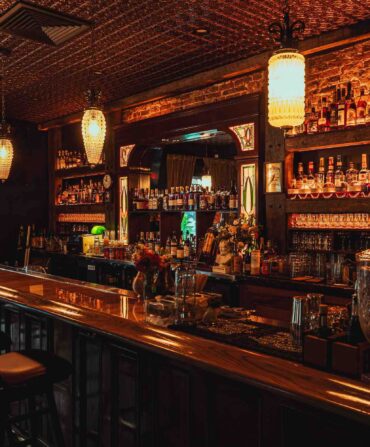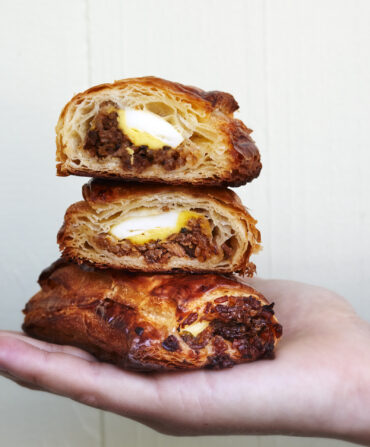“Bread is just flour, water, salt, and some alchemy,” says Susannah Gebhart, founder of Old World Levain Bakery in Asheville. She’s being modest, of course. Transforming a handful of pantry staples into something magical also takes a skilled baker, and the labor of devoted farmers and millers supplying high-quality grains and fresh ingredients. Whether their loaves embrace South Carolina rice, Virginia hard red winter wheat, or Louisiana sweet potatoes, these seven bakeries make up part of a new generation preserving an ancient art while also changing the way the South thinks about bread.
Franklin Bakehouse
Franklin, Tennessee
Randy Thompson says he feels almost like a mad scientist in the kitchen of Franklin Bakehouse. “I’m always asking, what would happen if I put this in bread? Sometimes I stumble upon a happy accident.” While touring the nearby Leiper’s Fork Distillery, for instance, Thompson discovered what would become his most prized ingredient. “The grains they were using to make whiskey were the same stuff I put in bread,” the head baker says. Now each of his loaves includes Leiper’s Fork sour mash, tasted prominently in his crowd-favorite sourdough. Other experiments have involved peaches he won in a raffle at a fair, jalapeños off his smoker, and oatmeal cooked with root beer. “If you bite into a loaf and can’t tell what’s in it, I’m not doing my job,” Thompson says. “I’m always tinkering with how to make my bread evoke a memory.”
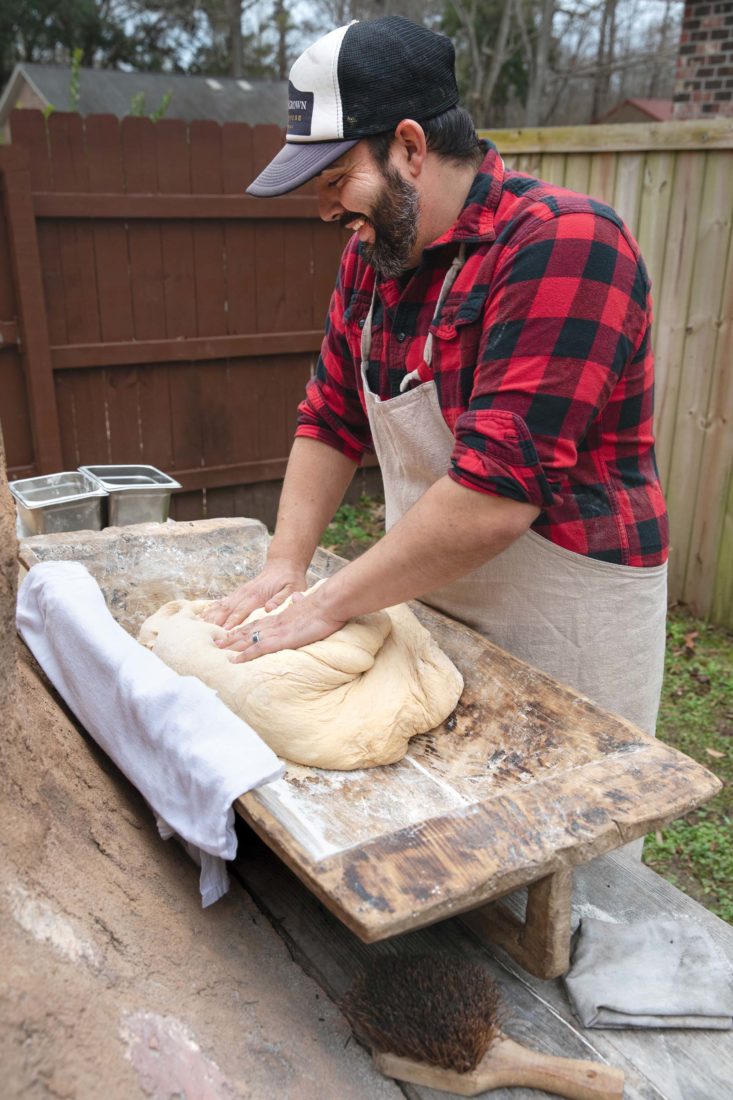
Half Crown Bakehouse
Summerville, South Carolina
Few people make bread the way Justin Cherry does—at least in this century. Spurred by his childhood hobby of reenacting colonial history with his family and his stints in the Husk kitchen in Charleston under the tutelage of chefs Sean Brock and Travis Grimes, Cherry specializes in baking bread in a three-ton mobile clay oven he crafted to mimic the ones popular in the 1700s. Dense and flavorful, his loaves vary as much as the sites where he’s hauled his oven. “At places like Fort Ligonier in Pennsylvania, I do a loaf with cornmeal and wheat,” he says, “reminiscent of what soldiers would’ve eaten when they wanted to stretch their flour supply.” At Mount Vernon, he makes a white Lammas bread from wheat milled at George Washington’s gristmill. Closer to home, you’ll find him at the Sea Island Farmers Market on Johns Island, where customers queue up for his airy Carolina Rice bread, made with Carolina Gold middlings and Nostrale rice.
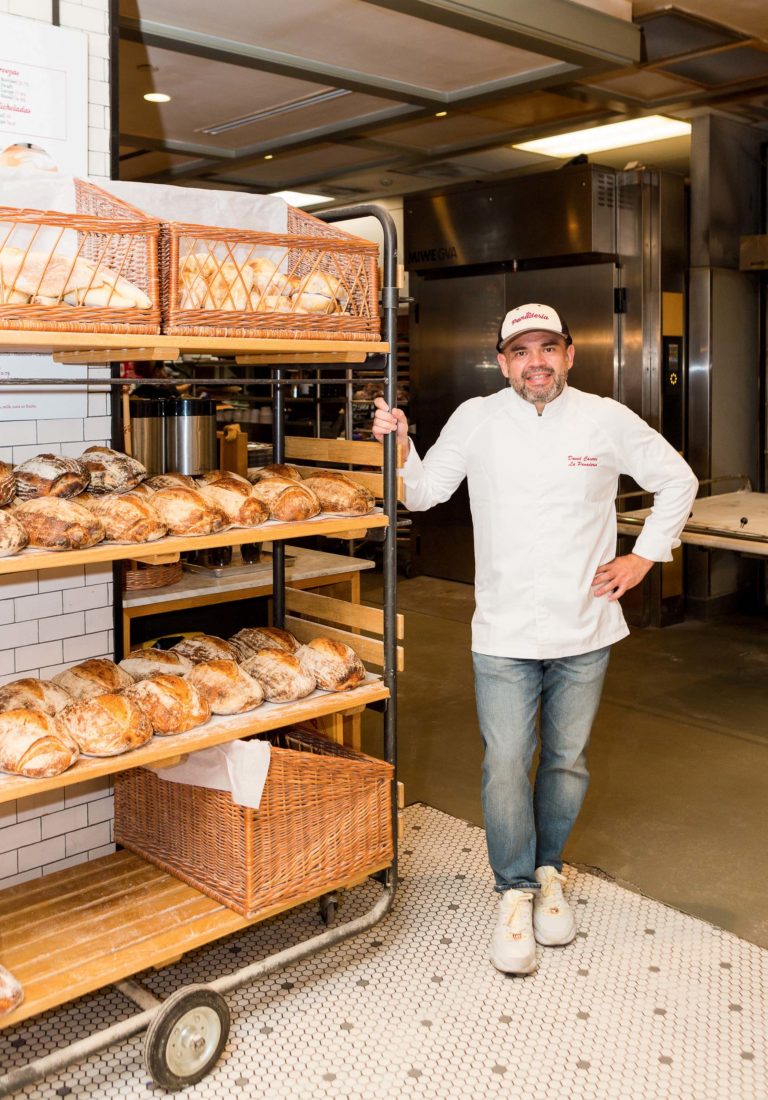
La Panadería
San Antonio, Texas
When the brothers David and Jose Cáceres, who grew up in Mexico City, settled in San Antonio in 2013, they explored the area the best way they knew how—by taste. “We drove around and stopped into cafés and restaurants to eat three or four or five times a day, getting familiar with our new home,” Jose says. They soon realized they had something to add, and set up a stand at the Quarry Farmers & Ranchers Market to sell bread and pan dulce—pastries like tequila almond croissants and traditional conchas—inspired by the eighteenth-century Epoca de Oro of Mexican bread making. Within a year, they opened their brick-and-mortar La Panadería near the market, followed by a second location downtown. Both now draw lines out the door for their sweets, sourdoughs, and birote, a baguette native to Guadalajara. “It’s the idea of how bread was baked two hundred years ago in Mexico,” says David, the head baker. That age-old method includes letting the dough rest for as long as seventy-two hours before baking it to crisp perfection in a stone oven.
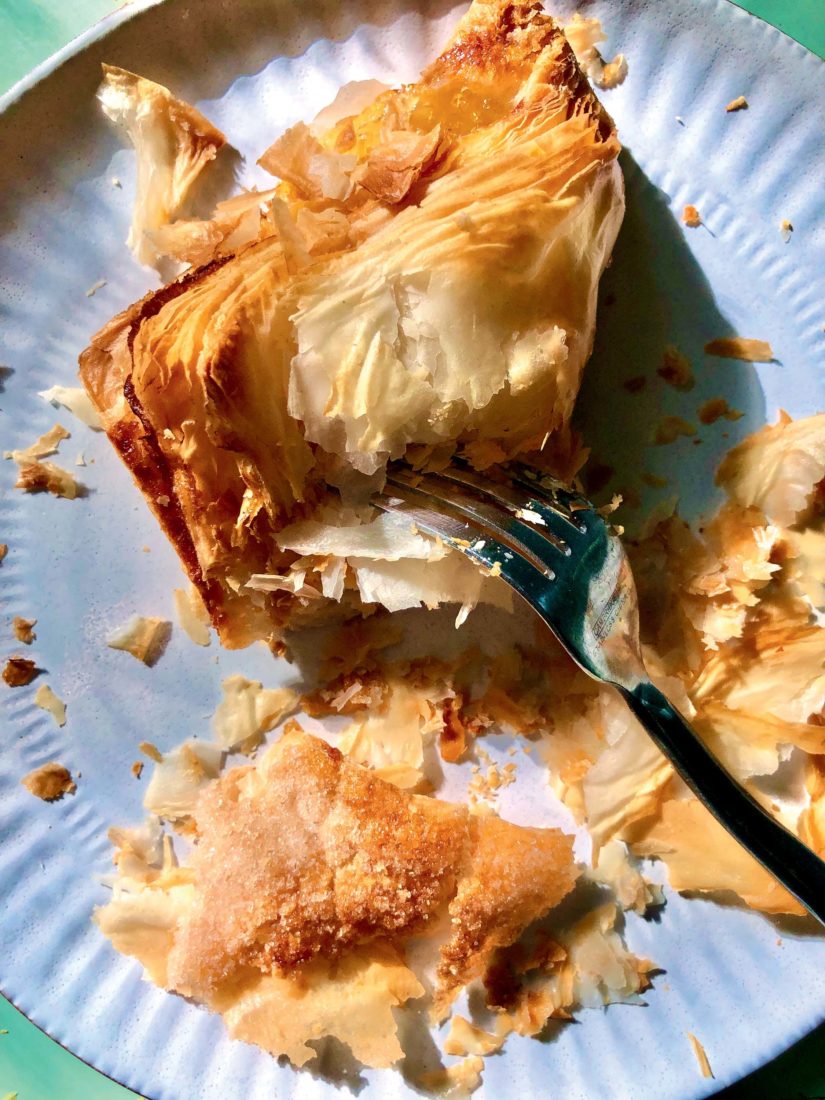
Old World Levain Bakery
Asheville, North Carolina
“The job of a baker is listening, observing, and responding to the dough, and there’s something ancient in that,” says Susannah Gebhart of Old World Levain Bakery, a sunny storefront a few blocks from the French Broad River. “The ingredients have changed over the generations, but at the same time, they haven’t.” Gebhart, who studied food anthropology, and one of her business partners, historian Maia Surdam, collect grains across the state, finding organic wheat flour from Lindley Mills in Graham; grits, cornmeal, and buckwheat from Farm & Sparrow in Mars Hill; and rye from Carolina Ground down the street in West Asheville. You can savor the difference in their country loaf (a crusty combination of wheat, rye, and buckwheat), plump raisin flax bread, and even hand-rolled pasta. This spring, look for a new offering: Carolina Gold rice baked into a porridge, then cooked into a loaf with local miso and apples. “It’s a taste of North Carolina,” Gebhart says. “Mountains to sea.”
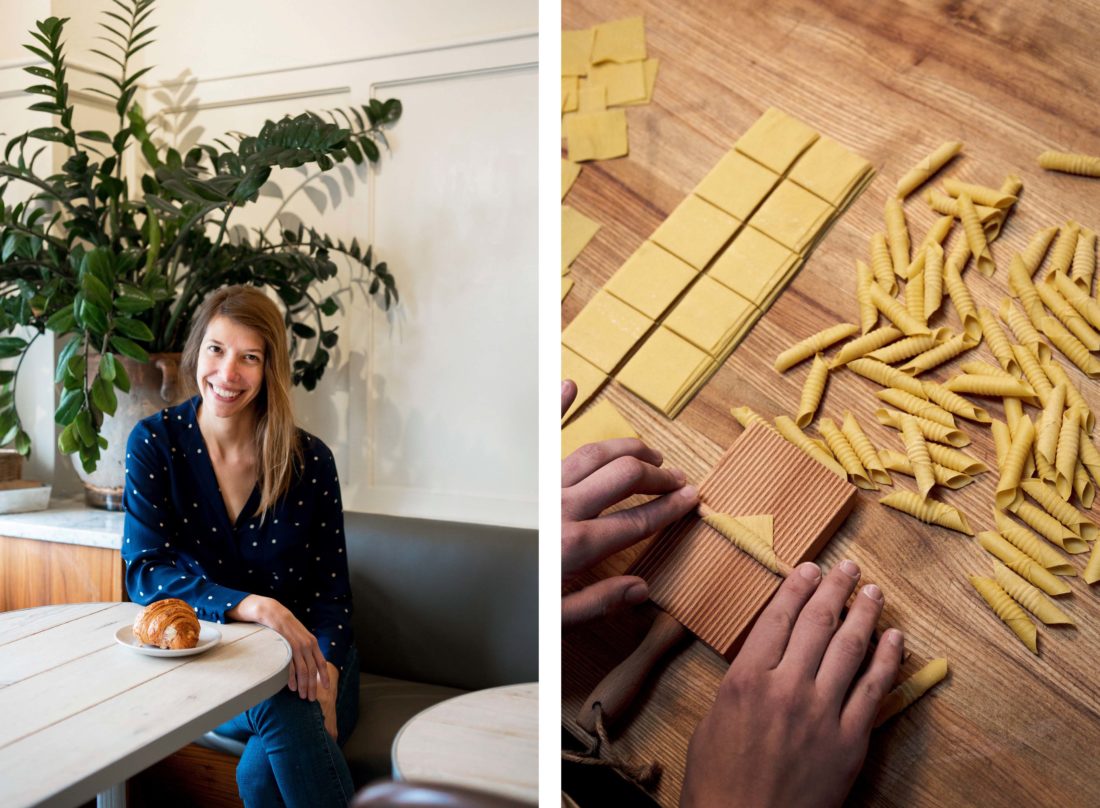
Root Baking Co.
Atlanta, Georgia
Although Chris Wilkins and Nicole Lewis, the husband-and-wife team behind Root Baking Co., get much of the credit, they’re the first to tell you that the classic sourdough and sesame semolina they sell at their Ponce City Market shop would never stand out without the intricate network of farmers who supply them. In-house, the duo mills grains including Guinea Flint grits from Marsh Hen Mill on Edisto Island, South Carolina, and Rouge de Bordeaux wheat from DaySpring Farms in Danielsville, Georgia. “We distill the flavor into the most intense experience we can create,” Wilkins says. You can taste those grains in their rustic Italian pane Pugliese and beautifully charred golden honey whole wheat. Their latest project is Pizza Jeans, adjacent to the bakery, where grits-dough crust and heirloom rice arancini turn a New York–inspired pizzeria into a showplace for savory Southern flavor.

Sub Rosa Bakery
Richmond, Virginia
Siblings Evrim and Evin Dogu opened their Sub Rosa Bakery in Richmond’s Church Hill neighborhood in 2012 with romantic visions. They installed a wood-fired oven and ground grains in-house on the mill in the back of their shop. But they soon discovered that local grains were hard to come by—until Evrim and a group of Virginia farmers, millers, and bakers decided to do something about it. The resulting Common Grain Alliance focuses on boosting the Mid-Atlantic grain economy, and Sub Rosa’s classic bread now contains two types of Virginia wheat: NuEast, a hard red winter wheat developed for the area, and a recent cultivar pioneered at Virginia Tech. “If these grains continue to be consistently wonderful, we could home in on our dream to have more breads that are reflective of our growing region,” Evrim says. Already, the pair has developed noteworthy loaves that combine those Virginia grains with techniques from the Dogus’ Turkish heritage, including Evrim’s favorite creation, the pide flatbread, glossed with olive oil and sprinkled with sesame and nigella seeds.
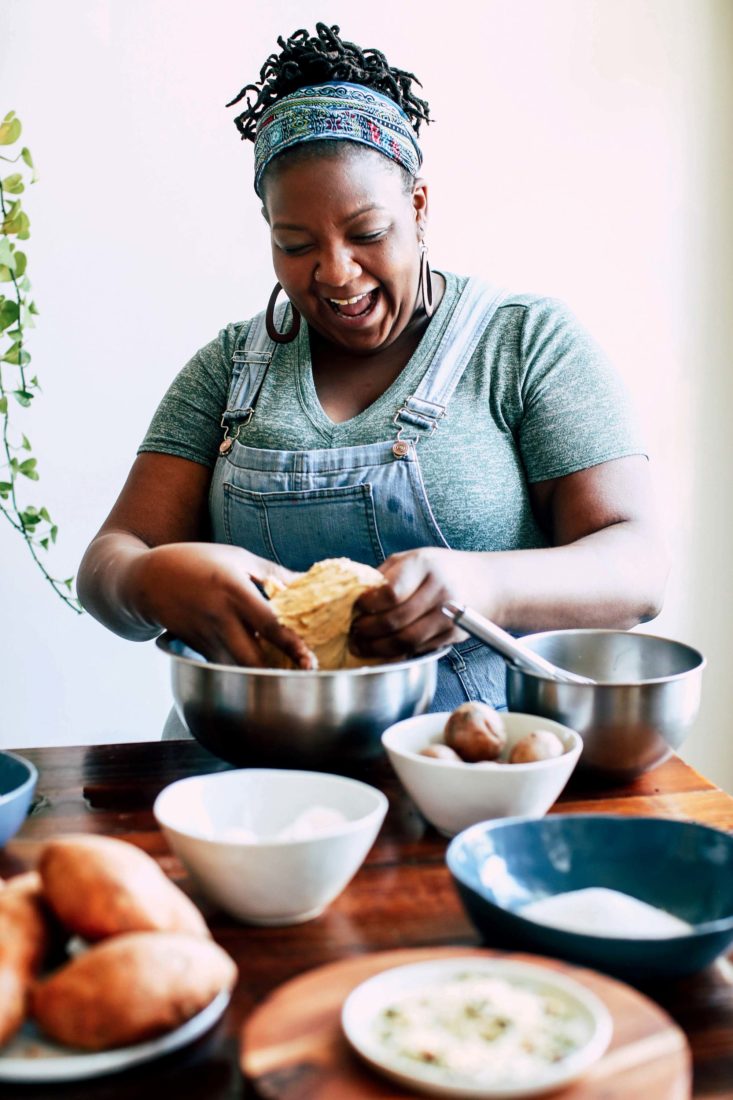
Viola’s Heritage Breads
New Orleans, Louisiana
Unlike most quarantiners who attempted bread making during 2020, Kathryn Conyers turned the hobby into a business, with the help of her friend Carla Briggs, a baker with experience at Emeril’s and the Ritz-Carlton in New Orleans. “The stores were out of bread, so we started selling to family and friends,” Briggs says of founding their bakeshop, which now delivers throughout the Crescent City and ships nationwide. “We exploded production to meet that need.” Their sandwich loaves—including sweet potato rosemary, a seafood boil bread spiced with crawfish seasoning, and honey butter cornbread—recall historic Louisiana flavors. They dug into family recipes, purchased ingredients from Black urban farmers whenever possible, and asked neighbors for tips, discovering the history of baking pioneers such as Norbert Rillieux, a free man of color who created a method of granulating sugar, and Joseph Lee, who invented mixing and kneading machines. In addition to feeding their neighbors, the endeavor also looks to celebrate the contributions of bakers past, Briggs says. “We want to change the way people see Black and brown bakers.”
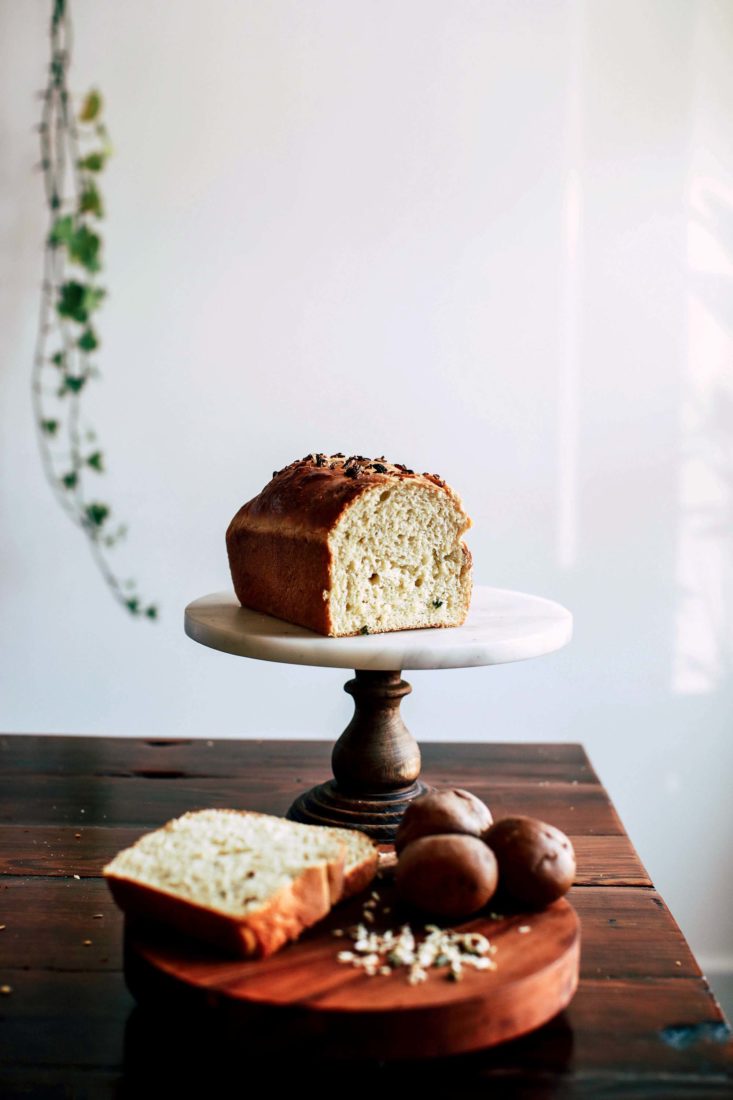
Caroline Sanders Clements is the senior editor at Garden & Gun and oversees the magazine’s annual Made in the South Awards. Since joining G&G’s editorial team in 2017, the Athens, Georgia, native has written and edited stories about artists, architects, historians, musicians, tomato farmers, James Beard Award winners, and one mixed martial artist. She lives in North Charleston, South Carolina, with her husband, Sam, and dog, Bucket.


